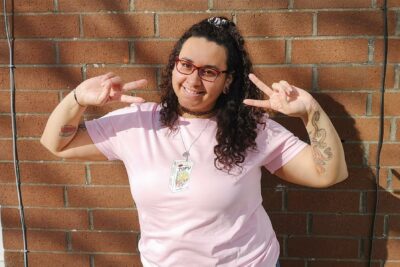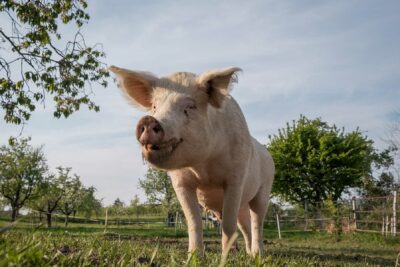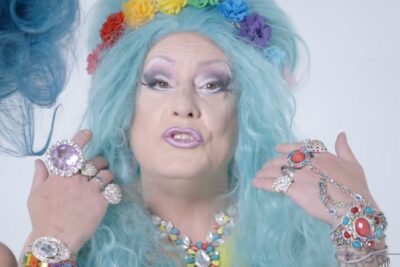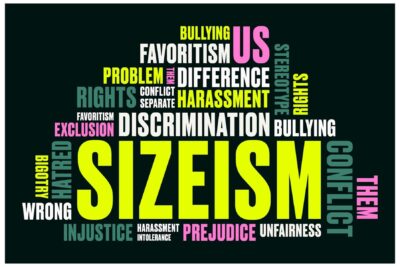Guest Blog by Jade Elliott
Hi, my name is Jade, and I’m a chronically ill and neurodivergent vegan. I went vegan in May of 2020 during the Covid-19 pandemic when I learned that ultimately the farming and consumption of animals are what’s responsible for pandemics like this. I was shocked! I spent the extra time at home thoroughly researching the realities of animal agriculture and decided enough was enough. After years of being dairy-free anyway due to digestive issues and considering myself ‘flexitarian’, I told myself it was time to go vegan. I took things slowly and made sure to forgive myself for early mistakes, and even though I, and many others, thought I’d never be able to do it as a disabled person, here I am with two years of veganism under my belt to offer some advice to you. If you’re disabled, chronically ill, neurodivergent or any combination of these, and you’re curious to try and move towards veganism or even just eat more plant-based, here are my top tips!
Tip #1 Take it slowly
As a neurodivergent person, I often have issues with food textures and love sticking to my favourite foods, so the first thing I did on my vegan journey was experiment with meat/dairy/egg replacements. It may take time to find the perfect ones that fit your tastes, but we are so lucky nowadays that there is a huge abundance of these products on the market to try! Be sure not to let it get you down or make you want to give up if you try one that you don’t like, they are not all created equal and often different products can be better or worse depending on the application. If the thought of new and different foods is daunting, or your budget doesn’t allow for expensive meat replacements, then even starting by tackling one meal a week to remove animal products from is a great start. Or switch out your dairy milk for oat milk, even if you’ve not yet found a great replacement for cheese. Also, don’t forget to take a look at the foods and meals you already love as many are probably ‘accidentally vegan’ (Oreos being the prime example of a global favourite accidentally vegan snack).
Tip #2 It’s not all about the food
Many people forget that veganism is not a diet. The Vegan Society defines it as: “a philosophy and way of living which seeks to exclude—as far as is possible and practicable—all forms of exploitation of, and cruelty to, animals.” This doesn’t only stop at the food on your plate, and while this is a huge area of animal exploitation and often the first place that people look to exclude animal products in their life, if diet is too much of a challenging area for you to tackle then start elsewhere! If it’s easier to start with make-up, toiletries and cleaning products then go on a hunt for cruelty-free & vegan items to replace used-up products. Or make a commitment to stop visiting zoos or aquariums and look into whether there are any animal sanctuaries in your area that you can donate to or support instead. Sadly, many things in this world exploit animals such as shoes & clothing, tattoo inks, circuses and other entertainment, health & beauty supplements, make-up and skincare and beyond. Take a look at all the areas of your life beyond your diet and you’ll see it’s easy to cut down on your contribution to animal suffering in many ways!
Tip #3 Listen to your doctor
While it can be easy to get all the crucial nutrients your body needs while eating a plant-based diet, it can be trickier if your diet is restricted in other ways due to health conditions. Be sure to let your doctor know as you transition to a plant-based diet, especially if you’re currently under treatment for anything. Regularly checking in with them for blood tests to ensure you’re not getting deficient in anything is important too. Don’t forget that sadly, while all medicine is required to be tested on animals, taking the medication that you need does NOT make you any less vegan and it is so essential to make sure you carry on taking the medication that your doctor prescribes you. Sometimes medication comes in gelatine capsules or with lactose as a sweetener, so it may be worth discussing alternative forms with a doctor, but if none are available, then do not worry. If it is impossible to go without your medication, then taking it can be considered vegan. Be sure to always put your health and your needs first.
Tip #4 Don’t listen to any negativity
Unfortunately, ableism can be rampant in vegan communities, as many don’t realise that not everyone has the same physical capabilities or resources as they do. I personally have been told I’m not vegan enough for taking medication, that I don’t care enough about the environment by using too many pre-packaged foods with lots of plastic, and that I’m lazy for enquiring about pre-made versions of foods rather than trying to make them myself. It may be easier said than done to just let these comments slide and ignore them. Still, I find it can also often be a chance to help educate and inform some people about the different limitations disabled and chronically ill people have and why we need more accommodations. It’s important to remember that everyone is different, with different needs and restrictions. We all need to keep this in mind when thinking about veganism and how to make sure it’s accessible and inviting for every single person. Just as living with a disability can look different for every disabled person, we should all remember that veganism should also be able to look different for everyone according to their different needs.
Conclusion
If you feel passionate about animal welfare and saving our planet, or even just want to help reduce the number of future pandemics, then remember that something is always better than nothing. There really is no such thing as a perfect vegan and having thousands of people doing the best they can is better than 100 people doing veganism entirely perfectly. Most of us are not born vegan and it is heavily socialised into us that eating meat is ‘normal’ or that we ‘need’ dairy products to be healthy. Taking it one step at a time to slowly reduce the use of animal products is a fantastic step toward making our planet a better place to live for us and non-human animals. If you are reading this and you are an able-bodied vegan, then I implore you to keep in mind that many of us face significant hurdles in life and our vegan journey, and that we could all do with your support, compassion and understanding rather than judgement. If you are reading this and you are chronically ill, disabled, neurodivergent or any combination of these then congratulations on taking your first step towards living a more vegan life. I wish you all the best of luck in making any changes that suit you and help reduce animal suffering!
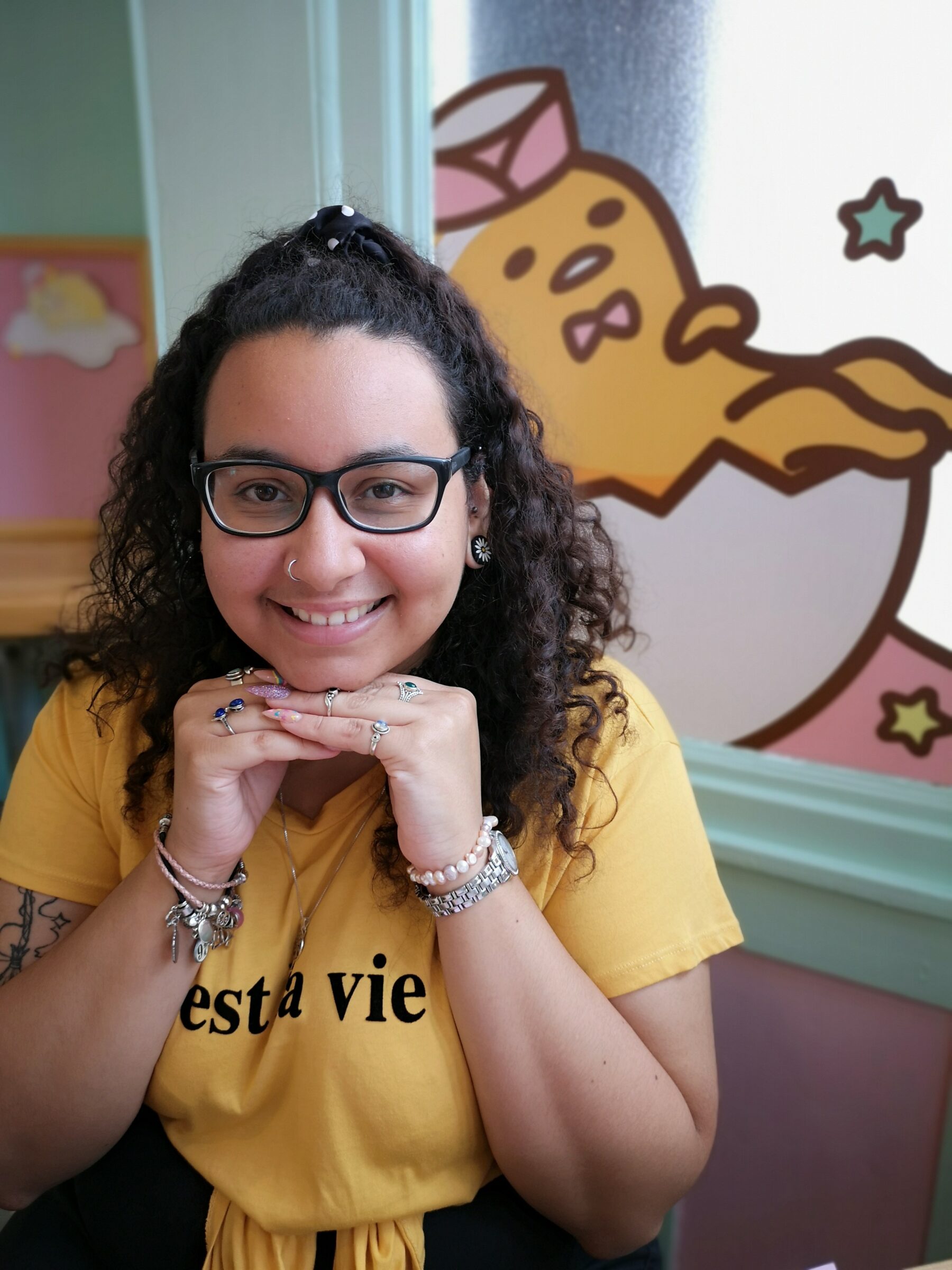
Jade Elliott has been vegan since May 2020 after reading around the subject of animal exploitation during the COVID pandemic. Jade lives with various chronic illnesses which present additional challenges. She enjoys sharing her experiences to help others with similar conditions and challenging misconceptions about veganism and living with disabilities. In 2021, she was interviewed for Crip HumAnimal about her journey so far and is excited to have further chances to share her story and help others on their own vegan journeys.
